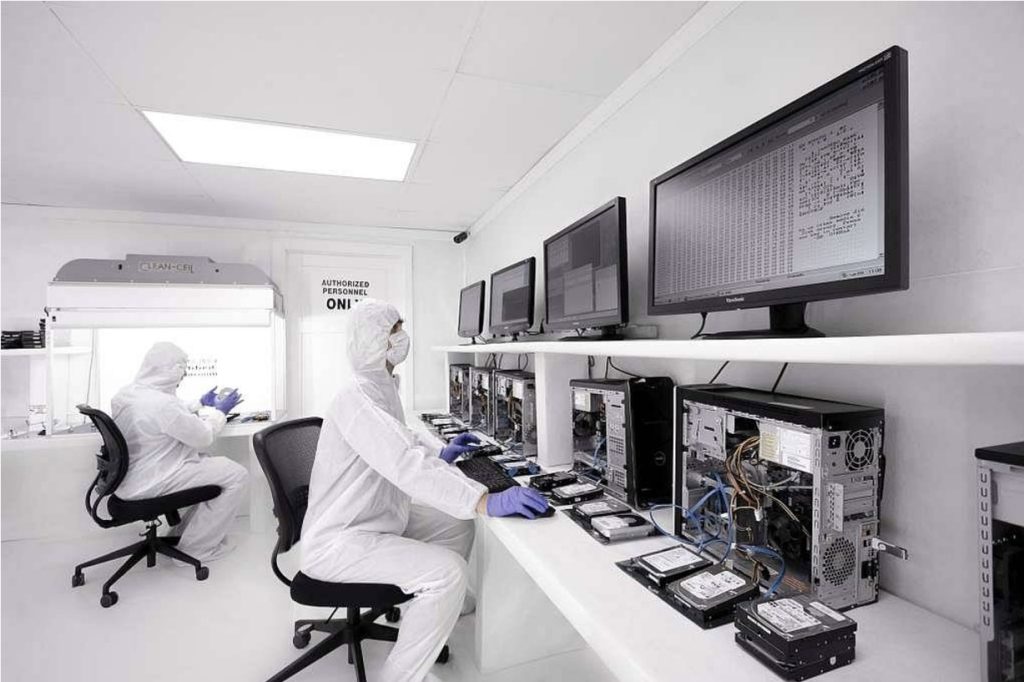From Accounting to Digital Forensics: David Teo’s Journey Bridging Financial Expertise with Cyber Investigations

NARA & DVIDS PUBLIC DOMAIN ARCHIVE
Understanding Human Behavior in Financial and Cyber Crimes
Accountants like David Teo, especially those specializing in forensic accounting, possess a unique skill set that aligns closely with the competencies required in digital forensic investigations. Accountants deal extensively with financial data, but their role often extends beyond numbers to understanding the human behaviors that lead to financial fraud. Similarly, digital forensic investigators examine the motives and actions of cybercriminals. Both professions rely on psychological theories, such as psychodynamic, cognitive, behavioral, and personality frameworks, to comprehend how individuals rationalize unethical actions.
- Psychodynamic Theory: Highlights how past experiences influence current actions, helping professionals understand the root causes of fraudulent behavior.
- Cognitive Theory: Examines how individuals process information and justify illicit activities, often by denying harm or shifting blame.
- Behavioral Theory: Assists in identifying learned behaviors and patterns that indicate fraudulent or malicious activities.
- Personality Theories: Aid in profiling individuals based on key traits, which is crucial for predicting actions and shaping investigation strategies.
By applying these theories, both accountants and digital forensic investigators gain insights into the motivations and thought processes of offenders, enhancing the effectiveness of their investigations.
Criminological Perspectives in Practice
The criminological perspective provides a foundational approach for both careers, encompassing principles that guide professionals in analyzing and addressing crimes.
- Relativism: Acknowledges that laws and criminal behaviors evolve, requiring adaptability to new legal frameworks and emerging threats in both financial and cyber domains.
- Objectivity: Ensures investigations are conducted without bias, with suspects presumed innocent until proven guilty beyond a reasonable doubt.
- Parsimony: Encourages seeking the simplest, most logical explanations for anomalies, avoiding unnecessary complexity.
- Determinism: Recognizes that specific factors cause crimes, which must be identified to prevent future incidents.
- Ethical Neutrality: Calls for impartiality in addressing ethical issues, preventing personal beliefs from influencing professional judgment.
- Skepticism: Promotes continuous inquiry and verification, preventing premature conclusions and ensuring thorough investigations.
- Empiricism: Emphasizes evidence-based approaches grounded in real-world data and observations.
By embracing these principles, accountants and digital forensic investigators develop more effective strategies analyze crimes.
Human Factors and Technology Interaction
As technology becomes integral to financial systems, accountants must understand how individuals interact with digital tools and how these interactions can be manipulated for fraudulent purposes. This knowledge is directly applicable to digital forensics, where investigators analyze how cybercriminals exploit technological vulnerabilities. Recognizing human factors in technology use provides vital clues in both detecting irregularities and anticipating methods used by offenders.
Transitioning from Accounting to Digital Forensics
The multidisciplinary nature of accounting, blending technical expertise with insights into human behavior, provides a strong foundation for a career in digital forensics. Accountants are trained to:
- Analyze complex data sets and detect irregularities.
- Apply skepticism and ethical neutrality in investigations.
- Adapt to changing laws and regulations.
- Utilize evidence-based approaches grounded in real-world data.
These skills are directly transferable to digital forensic investigations, where professionals must dissect digital evidence, understand cybercriminal behavior, and navigate the evolving legal landscape of cyber laws.
Conclusion
David’s accounting career led him to digital forensics by leveraging the overlapping skills and principles between the two fields. Both require a deep understanding of human behavior, the application of criminological perspectives, and the ability to analyze data critically. To learn more about David Teo, please watch his TED talk below.